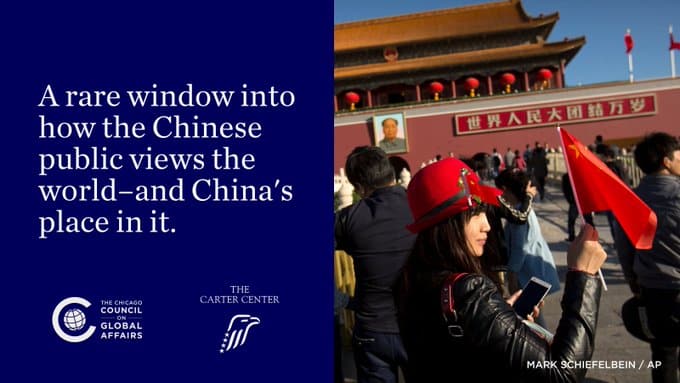US pressures China over North Korea relationship
The Obama administration told China on Thursday that its approach for dealing with North Korea had “not worked”, as Congress readied a new round of sanctions on the regime in Pyongyang that could hit Chinese banks.
A day after North Korea conducted its fourth nuclear test, John Kerry, US secretary of state, raised diplomatic pressure on China, saying that Beijing could not “continue business as usual” with its ally in Pyongyang.
“China had a particular approach that it wanted to take and we agreed to give them the space to be able to implement that, but today . . . I made it very clear that has not worked,” Mr Kerry said about a phone call on Thursday with his Chinese counterpart Wang Yi.
The latest nuclear test has left the Obama administration facing the perpetual dilemma of its North Korea policy: how to change China’s calculations about the risk of a North Korean nuclear bomb.
Although China has been strongly critical of the nuclear test — as it has on the previous three occasions — Chinese leaders have consistently concluded that the greater risk they face is a collapse of the regime in North Korea.
The Obama administration, which has generally not treated the North Korean nuclear issue as a priority, now needs to decide whether to make it a central question in its dealings with Beijing and whether it is prepared to adopt sanctions that would inflict economic pain on Chinese banks dealing with North Korea.
North Korea conducted the latest nuclear test on Wednesday morning. Although the White House has dismissed Pyongyang’s claims that it successfully tested a hydrogen bomb, which would represent a significant increase in its capabilities, the test underlined North Korea’s determination to continue developing its nuclear programme in the face of international condemnation.
The administration is working at the UN on a new package of sanctions on North Korea. After previous nuclear tests, China has approved UN sanctions on Pyongyang but US officials say it has often worked to water down proposed measures or to limit their implementation.
At the same time, however, Congress is preparing new legislation on unilateral US sanctions that could create awkward problems for the administration.
The House of Representatives is expected to vote next week on a bill that would target banks and companies doing business with North Korea, many of which are likely to be in China. Nancy Pelosi, the House minority leader, said on Thursday there was “strong bipartisan support” for the proposed legislation.
Richard Nephew, a former White House official who worked on sanctions issues, said the “key question is whether China will play along” with new sanctions. However, he said it was “risky” for Congress to impose Iran-style secondary sanctions that might affect Chinese banks because Beijing could retaliate against US companies.
The US would be more likely to construct an effective sanctions regime on North Korea “through quiet prodding of diplomacy” rather than “forcing it through congressional action”.
Joseph DeThomas, a former ambassador and sanctions expert at the state department, said the US needed to change Chinese perceptions that the risks of a nuclear North Korea were less than a collapse in the regime. That would involve shifts in US military posture in the region to respond to the North Korean threat, including stronger missile defence systems, which would also affect China.
“We need to bring a lot of US power a lot closer to China in ways that China would not necessarily want,” he said.
By GEOFF DYER January 8, 2016 in Financial Time








